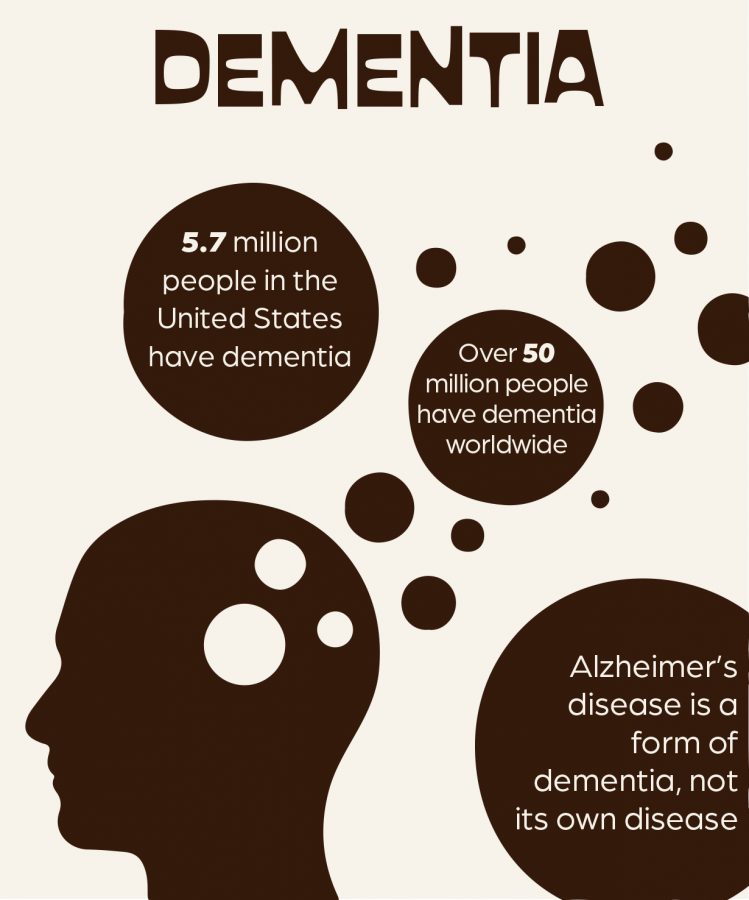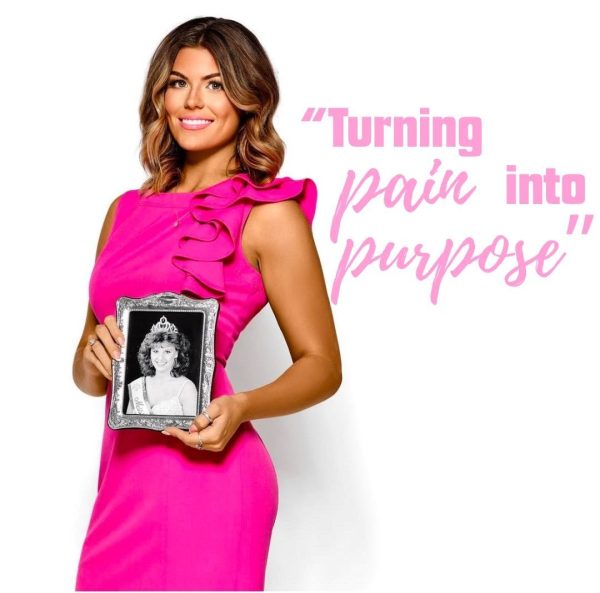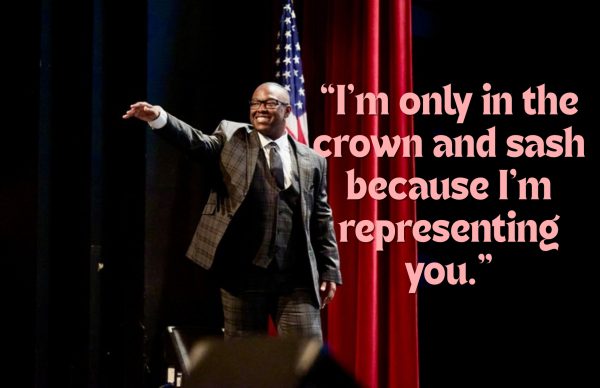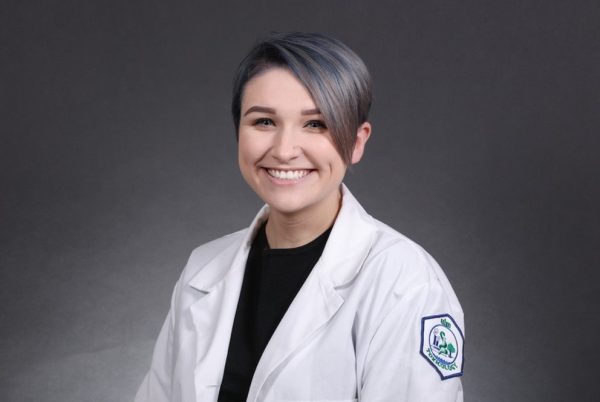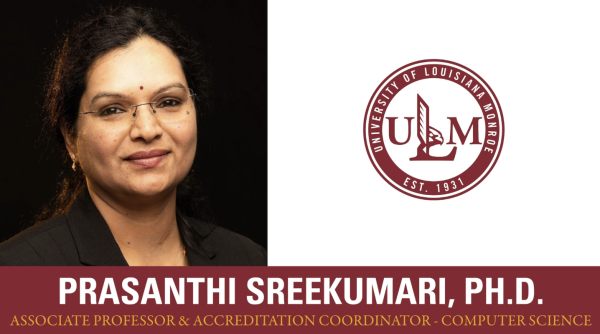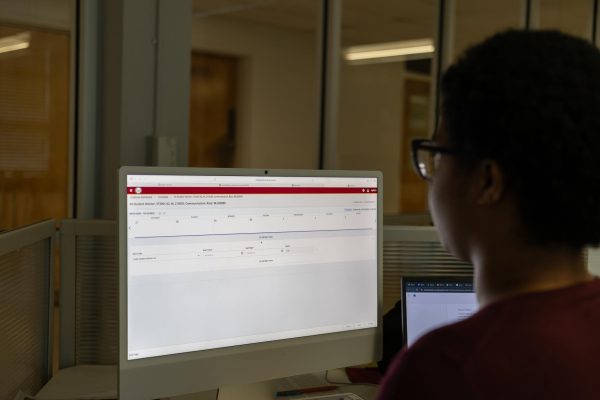Gerontology conference shines light on dementia
The U.S. Census declared that within the next 10 years the population of people 65 and older will outnumber the population of children for the first time in United States’ history. This is because the Baby Boomers are not dying rapidly like they did before the improvements of medical technology.
Since the future of America will be filled with an older generation, knowing how to adapt to an aging society is essential.
That is why Dr. Anita Sharma, ULM gerontology program director and professor, brought together groups of multi-disciplinarians Thursday in the SUB Ballrooms to educate students, staff and faculty about the importance of knowing how to care for someone with dementia. There were three professional workshops that gave information about dementia and the signs to look for if you know someone with the disease.
“We want to distinguish between healthy and unhealthy aging. People need to understand that dementia is not part of the normal aging process so we have to know how to address the problem,” Sharma said. “It is an epidemic—millions of older Americans have dementia, especially Alzheimer’s.”
More than 50 million people have dementia worldwide and around six million are from the United States. The majority of these cases are of Alzheimer’s disease. Most people believe that Alzheimer’s is its own thing. However, Alzheimer’s is a type of dementia.
“We need to have more conversations about dementia. It is also a gerontology’s responsibility to educate people about this. That’s why I will keep bringing these conferences to campus,” Sharma said.
Gerontology is the study of the biological, psychological, cognitive and social aspects of aging. It consists of multi-disciplinarians with degrees in many fields such as nursing, social work, occupational therapy, psychology, sociology and pharmacy.
Because gerontology is not a well-known or talked about subject, only 1% of college students are concentrating in it. Angela Jepchirchir, a senior health studies major, attended the workshop about caregiving because she loves the job they do.
“I wanted to learn how the elderly are taken care of because I know that suffering from dementia and Alzheimer’s is not easy,” Jepchirchir said. “It changes their life and behavior. I love taking care of the elderly, it’s what makes me happy.”


